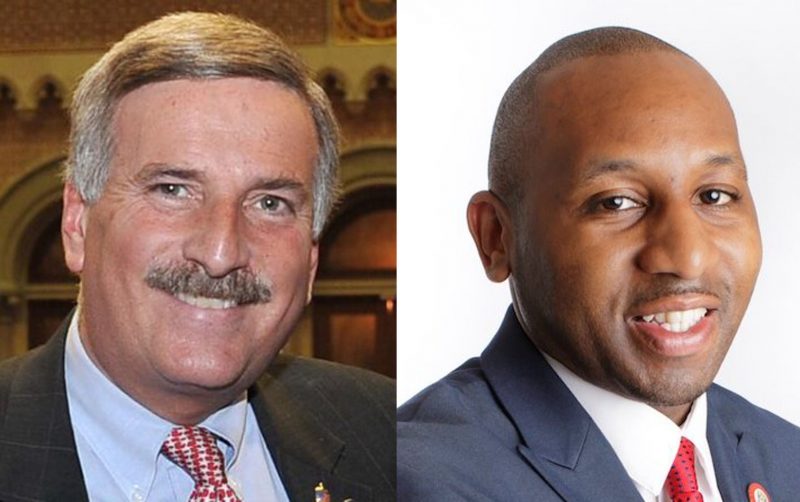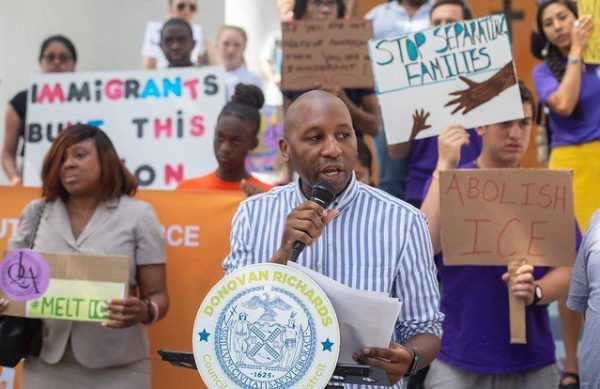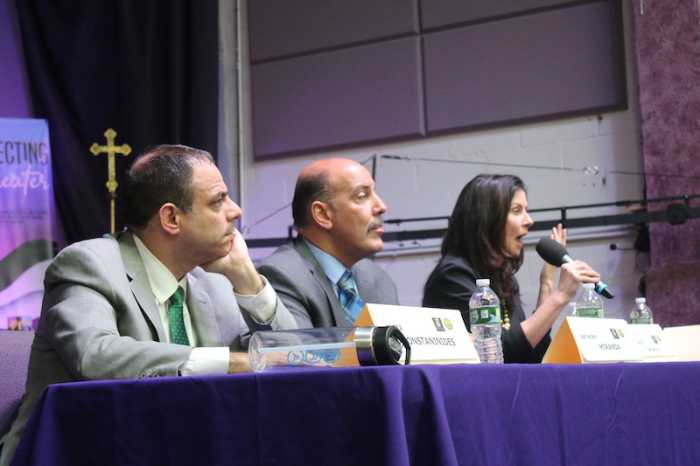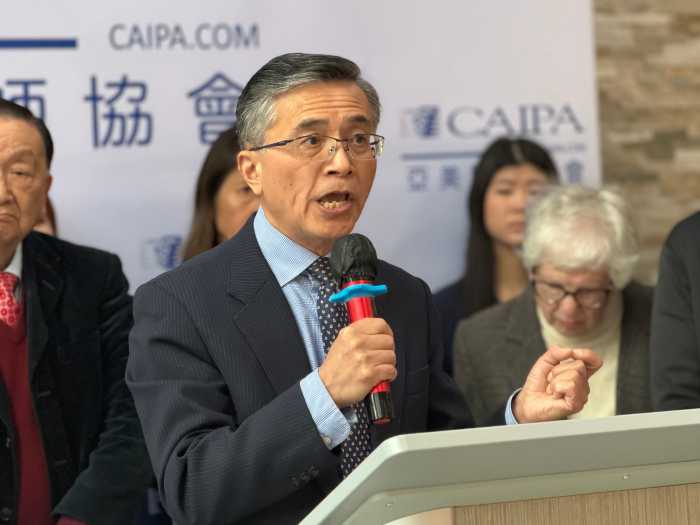A New York City Civilian Complaint Review Board with expanded oversight, the authority to receive body camera footage on demand, and more power to discipline and to hold the biggest police department in the country accountable is one vision of what the future might look like that emerged from a public board meeting on Wednesday night.
Whether that vision of a more muscular and aggressive CCRB comes to pass depends on how the people in political power translate reformers calls for change into concrete policy.
“Does the CCRB have a larger role to play?” said Councilmember Donavan Richards (D-Arverne, Brookville, Edgemere, Far Rockaway, Laurelton, Rosedale, Springfield Gardens). “We know that historically civilian oversight boards have been sytimed and hamstrung in really being able to hold law enforcement accountable so this is a real opportunity that we should not waste, that we should not blow.”
What concrete change looks like remains to be seen. For now, many of the politicians are retreating behind rhetoric. How they turn platitudes into policy is going to determine the future of policing.
“The law enforcement reform bills that we passed a couple of weeks ago are only the first step and of course there is still so much more important work that needs to be done,” said State Assemblymember David Weprin (D-Richmond Hill, Fresh Meadows) “Your role with the Civilian Complaint Review Board becomes even more important with these changes.”
The meeting was the first since the city and state passed historic police reform legislation, and the city council scraped through a contentious budget that took some funding away from the New York City Police Department.
It included a presentation about a new database that the agency is launching in the end of the month as a direct result of the repeal of 50-A, a law that protected law enforcement from having their disciplinary records released to the public.
Once launched, people will be able to search for retired and active officers and see whether or not they’ve received any complaints and if so, whether or not the complaints were sustained.
The New York City Police Benevolent Association did not respond to questions about whether it thought giving the CCRB more power over the NYPD would be beneficial to their officers. It also did not comment on the soon-to-be launched database.
Originally supposed to take place in Queens, the meeting was held virtually because of the COVID-19 pandemic with Queens lawmakers, organizations and residents calling in from their computers and phones around the city to participate in a feisty discussion about the future of the CCRB and policing in the city.
Speakers voiced their concerns about intimidation tactics used by officers against immigrants, the abuse of surveillance techniques, and school resource officers.
Officers need to be held accountable for their actions and treat people with respect, said Elaine Short, the president of the Far Rockaway branch of the NAACP.
“I’m treated wonderfully as a little old lady from the NAACP but my brother wearing a hoodie, he’s automatically assumed as a thug and is treated as one,” she said.
She also said that the CCRB needs to publicize itself better to encourage trust in the community so people will want to go and file complaints.
“Ya’ll do a lot and you need to put it out there,” she said.
The CCRB is thought of by some critics as a toothless agency with good intentions. Established in 1953, it was originally organized within the NYPD. It went through several mutations until 1993 when it morphed into its current independent and civilian controlled form. Its mandate is to investigate allegations of police misconduct and abuse. It then takes those findings and presents them to the police commissioner with a recommendation for how to discipline the accused officer.
The commissioner then decides whether or not the officer is punished and if so, how.
The agency is a great advocate but its lack of real power is concerning, said Afaf Nasher, the Executive Director of the New York Chapter of the Council on American Islamic Relations.
“As long as the commissioner can ignore the recommendations, as long as the majority of proposed punishments are ignored,” Nasher said. “It really sends the message to the public that CCRB, even well intentioned, cannot really assert its authority over NYPD in any responsible manner.”









